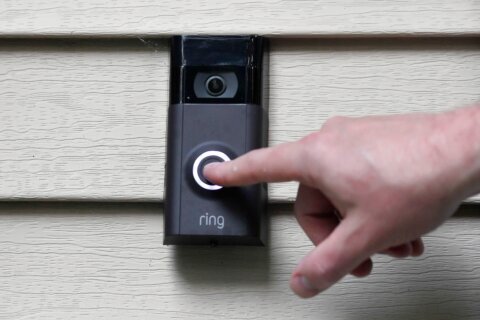Many recent college graduates are struggling with basic interpersonal and professional skills that are making them less desirable to hire, and COVID isolation gets some of the blame.
A recent survey of 800 hiring managers by Intelligent.com found 38% have avoided hiring a recent college graduate in favor of older candidates. Nearly half of the managers surveyed said that they have had to fire a recent college graduate, and 58% say recent graduates are simply unprepared for the workforce.
They are also unprepared for a basic job interview.
“People bringing their parents to job interviews. They are not dressed appropriately,” said Diane Gayeski, a professor of strategic communications at Ithaca College’s Roy H. Park School of Communications, who reviewed survey results for Intelligent.com. “They are unprepared to behave in ways that people expect in interviews such as lack of eye contact. Inappropriate kinds of informality, like starting an email with ‘Hey.'”
One in five employers has had a recent college graduate bring a parent to a job interview.
“My message to mom and dad is don’t do it,” Gayeski said. “You’re not helping them grow, and you’re probably presenting a very negative image of your adult child to a potential interviewer.”
Recent college graduates started their education with pandemic lockdowns, remote learning and lack of typical personal interaction growth that typically comes with post high school adulthood.
“College campuses were not bringing in guest speakers, places were not taking in interns, clubs were not as active, there were still a lot of restrictions on athletics. So our students haven’t had the exposure and experiences that many previous generations did,” Gayeski said.
Intelligent.com’s survey, and other surveys with HR managers, find Gen-Zers entering the workforce have unrealistic expectations for salary, job titles and workplace accommodations, such as vacation time and flexible working schedules.
Unrealistic expectations about the workplace don’t necessarily seems unrealistic to young people entering the workforce post-pandemic. Many grew accustomed to certain accommodations. Others may have emotional or physical reasons for accommodations they are reluctant to disclose.
“About 20% of students are receiving some kind of accommodations, like flexible attendance, or being able to eat or drink in class, or having more relaxed deadlines, or not making presentations in front of large groups, or taking exams in a private setting,” Gayeski said.
“This is something they have grown accustomed to, and employers need to recognize that, and when people are making an accommodation request, they need to gently probe as to what is behind that request,” she said.
Once in the workplace, recent graduates also struggle.
The survey found 63% of employers who’ve worked with recent college graduates say they frequently can’t handle their workload, 61% say they are frequently late to work, 59% say they often miss deadlines and assignments and 53% say they are frequently late to meetings.
Intelligent.com offers tips for how recent graduates can prepare for job interviews and prepare themselves for becoming a productive workplace contributor as part of its survey, which is posted online.
Get breaking news and daily headlines delivered to your email inbox by signing up here.
© 2024 WTOP. All Rights Reserved. This website is not intended for users located within the European Economic Area.








